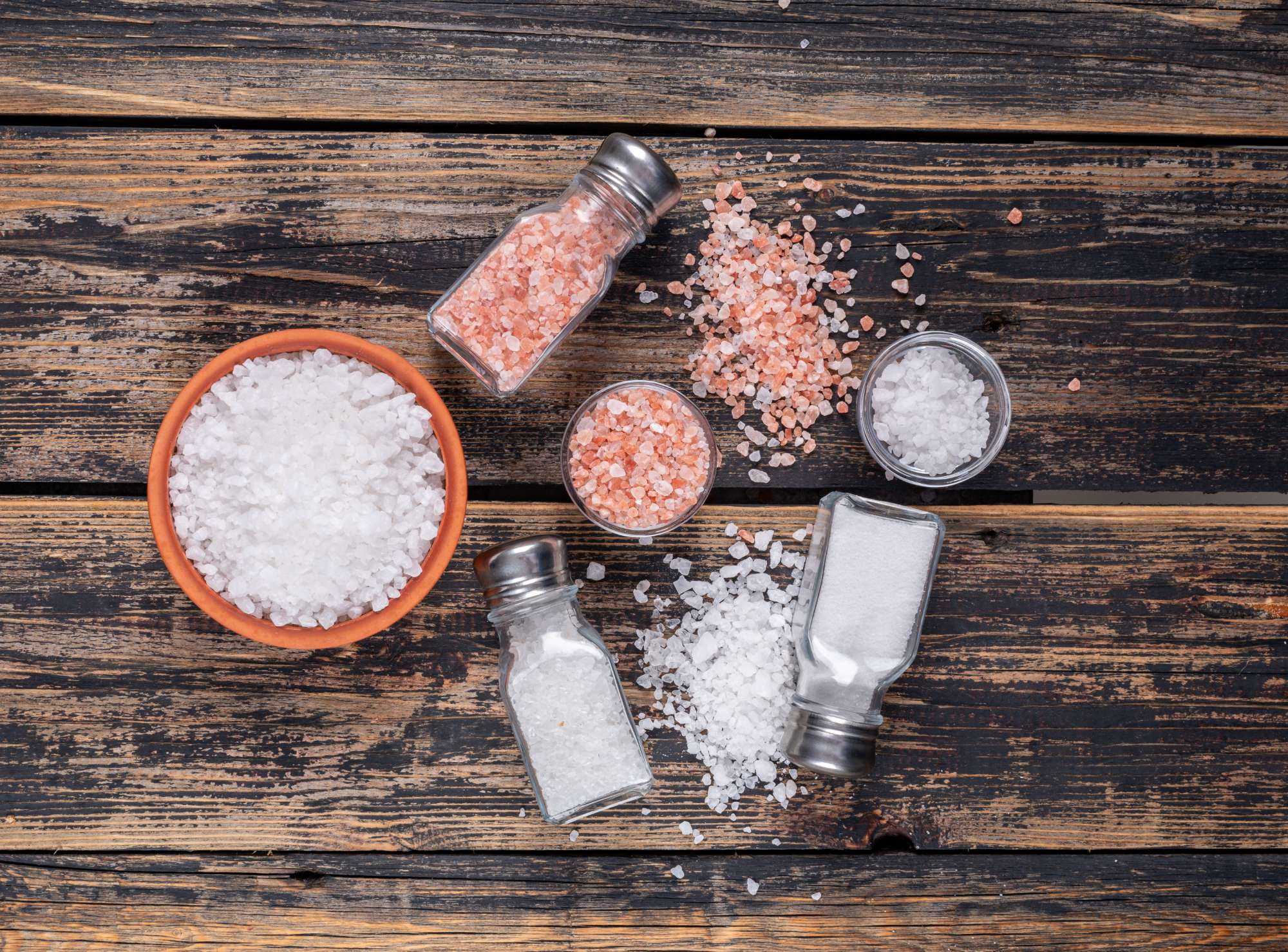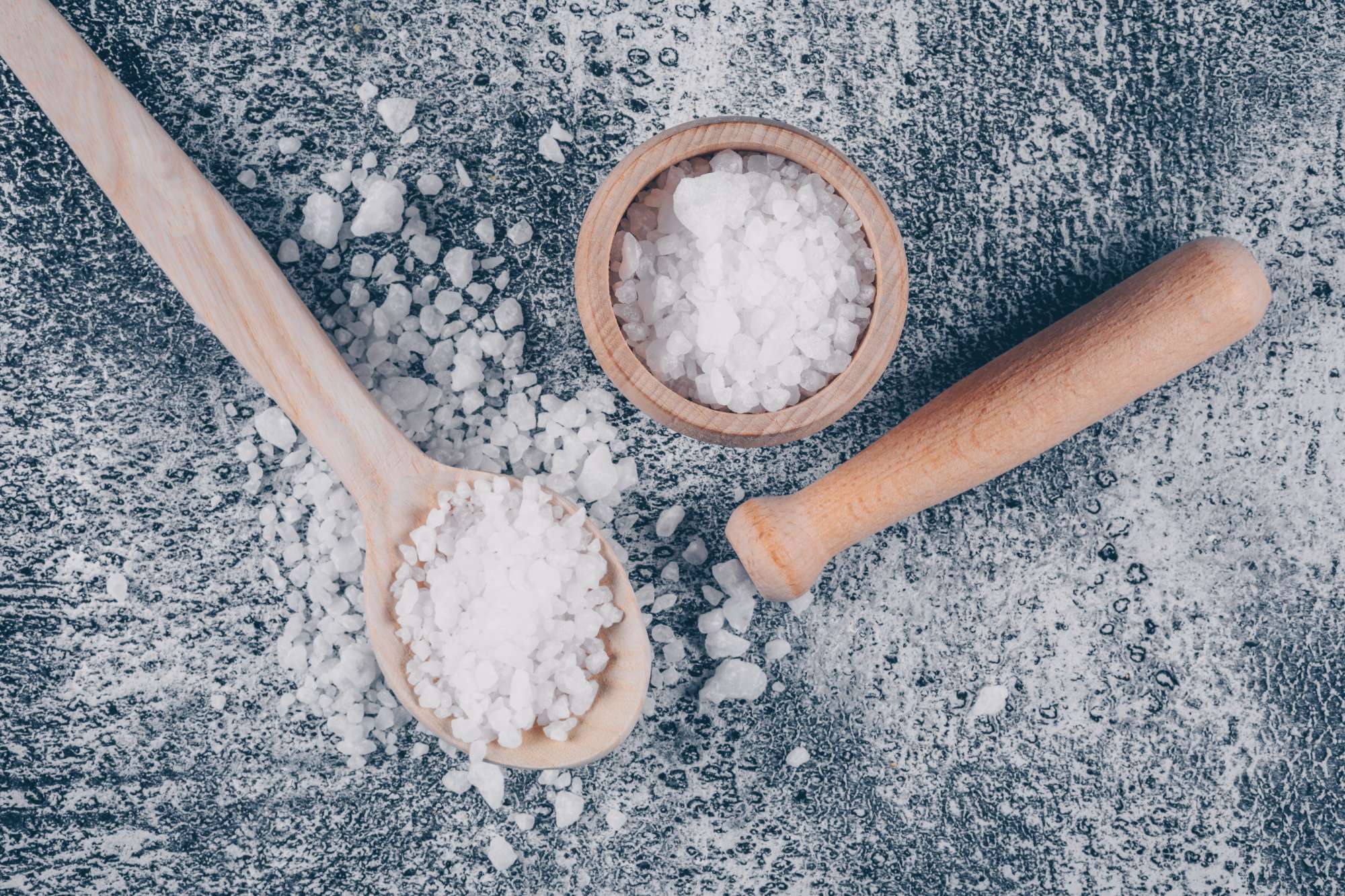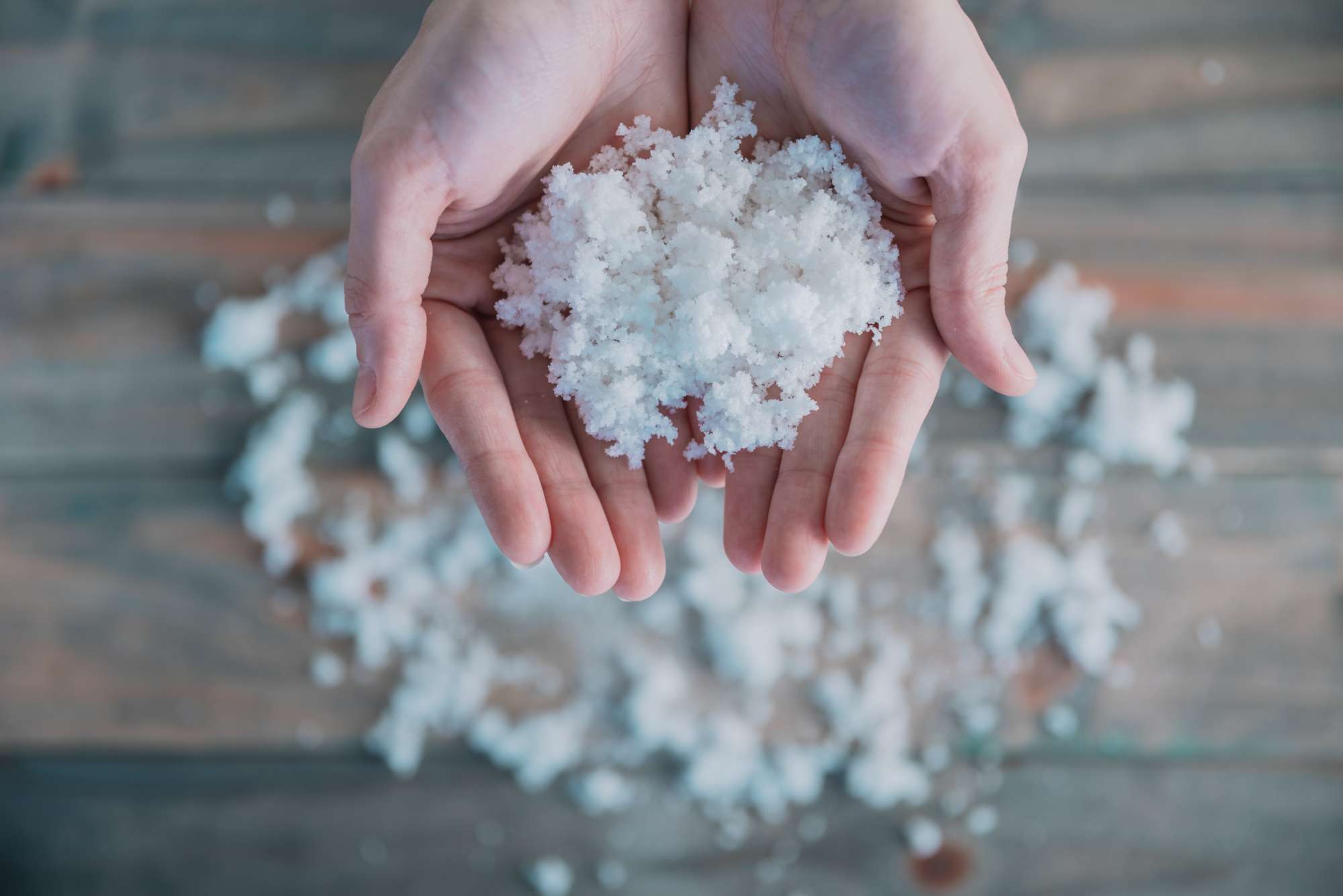Crocus Media, Vitamins & Nutrients, Minerals
Minerals

Calcium, the essential mineral need for your overall health.
You can get the calcium you need from a variety of foods. Calcium is stored in bones and teeth, giving them structure and hardness. And, just like with other minerals or nutrients, you should monitor your calcium intake so you don't get too much or too little.

Phosphorus, a key element of bones, teeth, and cell membranes
Phosphorus is the second most abundant mineral in the body, after calcium. In humans, phosphorus makes up about 1% to 1.4% of fat-free mass. Of this amount, 85% is in bones and teeth, and the other 15% is distributed throughout the blood and soft tissues.

Sulfur, a mineral is found the most abundant in our body
Sulfur is available in our diets. But among the 20 amino acids present in proteins, only 2 amino acids contain sulfur. Sulfur plays a critical role in gene expression and maintaining the integrity of body tissues. It also helps metabolize food and protects your body from inflammation and oxidative stress.


Chloride, a mineral essential for many body functions
Chloride is the primary anion in extracellular fluid. In addition to passively following sodium, chloride has its own protein channels that reside in cell membranes. These protein channels are especially abundant in the gastrointestinal tract, pancreas, and lungs.

Sodium, one of the seven major minerals, is essential for health
Every day, our bodies receive about 75% to 90% of sodium from salt added to foods. The human body needs small amounts of sodium to conduct nerve impulses, contract and relax muscles, and maintain the proper balance of water and minerals. Too much sodium in the diet can lead to high blood pressure, heart disease and stroke.


.jpg)

Iron, one of the trace minerals necessary for the body
Iron carries oxygen to the muscles and brain. Iron is crucial for both mental and physical performance. Insufficient iron in the diet can affect the efficiency with which the body uses energy. Low iron levels may result in a lack of focus, increased irritability, and reduced stamina.
.jpg)
Zinc is a major player in the creation of DNA, growth of cells
Zinc is a trace mineral, meaning that the body only needs small amounts, and yet it is necessary for hundreds of enzymes to carry out vital chemical reactions. It is a major player in the creation of DNA, growth of cells, building proteins, healing damaged tissue, and supporting a healthy immune system.

Copper supports dozens of enzymes in metabolic processes
Copper is a trace mineral that you need to staying healthy. Your body uses copper to carry out many important functions, including making energy, connective tissues, and blood vessels. Copper also helps maintain the nervous and immune systems and activates genes. Your body also needs copper for brain development.

Manganese assists many enzymes involved in breaking down carbohydrates, proteins, and cholesterol
Manganese is a trace mineral which needs to stay health. Because our bodies cannot make it, we must get it from foods or supplements. Our body uses manganese to make energy and protect cells from damage. Our body also needs manganese for strong bones, reproduction, blood clotting, and a healthy immune system.

.jpg)
Selenium, that help to make DNA and protect against cell damage and infections
Selenium is a trace mineral, which is found naturally in foods or as a supplement. Selenium is an essential component of various enzymes and proteins, called selenoproteins, that help to make DNA and protect against cell damage and infections; these proteins are also involved in reproduction and the metabolism of thyroid hormones. Most selenium in the body is stored in muscle tissue, although the thyroid gland holds the highest concentration of selenium due to various selenoproteins that assist with thyroid function.